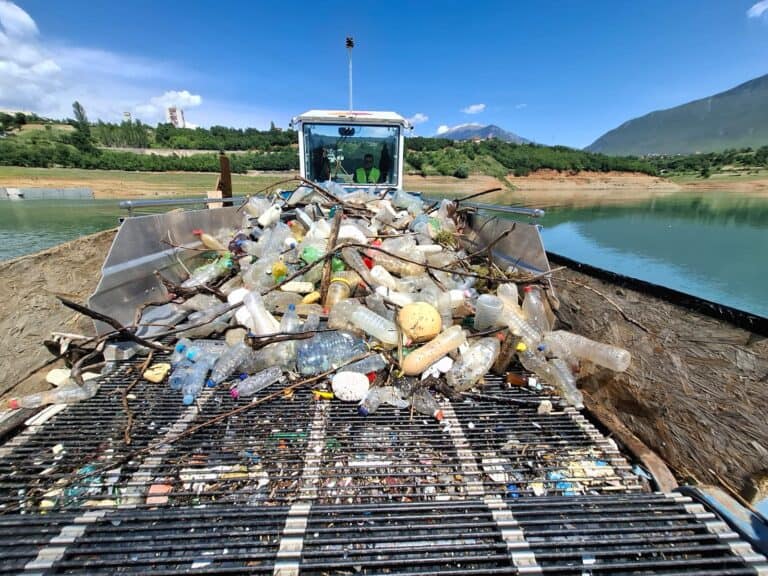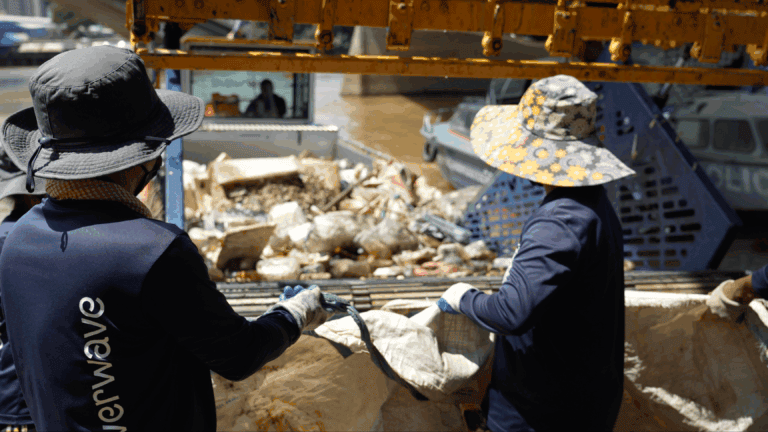Mushrooms Can Decompose Plastic
Scientists are exploring various types of mushrooms that can consume plastic.
Mushrooms can break down the polymer chains
That sounds like the long-awaited solution to the global plastic problem: mushrooms that simply decompose plastic.
To understand what exactly is happening here, it’s important to first know what plastic is made of.
Plastic is often produced from crude oil and consists of polymers and additives – chemicals added to make the material more flexible, safer, or more durable. The final polymers are complex molecules that either form long chains or ring structures.
And it’s precisely these polymer chains that mushrooms target: there are various species capable of breaking them down. The mushrooms produce enzymes that split chemical bonds, allowing them to degrade the polymer chains without any pre-treatment or the addition of other energy sources such as sugar.

Different types of mushrooms
It’s not just one type of mushroom that is capable of breaking down plastic. In recent years, various strains have been studied that can decompose different types of polymers without the addition of external energy sources.
For instance, freshwater mushroom strains such as Fusarium, Penicillium, Botryotinia, and Trichoderma have shown high potential for plastic degradation. In addition, micro-mushrooms have been discovered that can break down complex polymers, making them suitable for biological pollutant removal.
At present, this degradation process only works in the laboratory – scaling it up to an industrial level would still require significant development.
Limits to the use of mushrooms
As promising as it sounds, the mushrooms are currently only able to decompose pure plastic. But pure plastic is rare, since polymers are often combined with additives – sometimes toxic substances – to give the material specific properties. These toxic compounds either remain in the environment or are absorbed into the mushroom’s biomass. Moreover, the decomposition process itself releases greenhouse gases, because plastic made from petroleum contains carbon that is emitted as CO₂ during breakdown.
Mushrooms that can degrade plastic are fascinating, but unfortunately, they are not a long-term solution for our ecosystems. The amounts of plastic entering the environment and oceans each year are simply too vast. Introducing large numbers of plastic-degrading organisms into marine environments would be too risky – it could destabilize the ecosystem.
As is so often the case, the real solution lies in reducing the amount of plastic released into the environment. Only then could mushrooms help create a kind of natural self-cleaning process, enabling plastic to be broken down sustainably.



